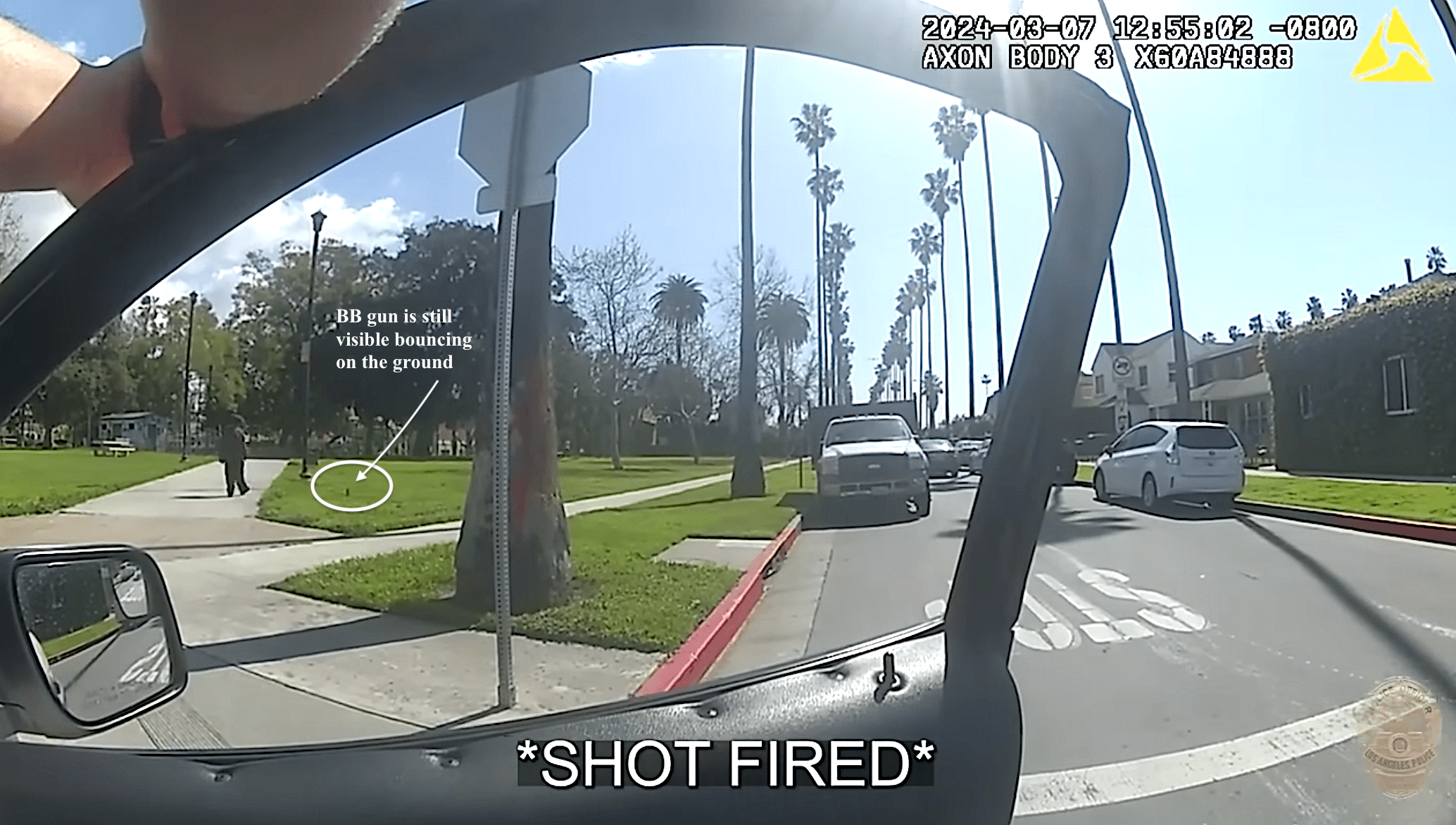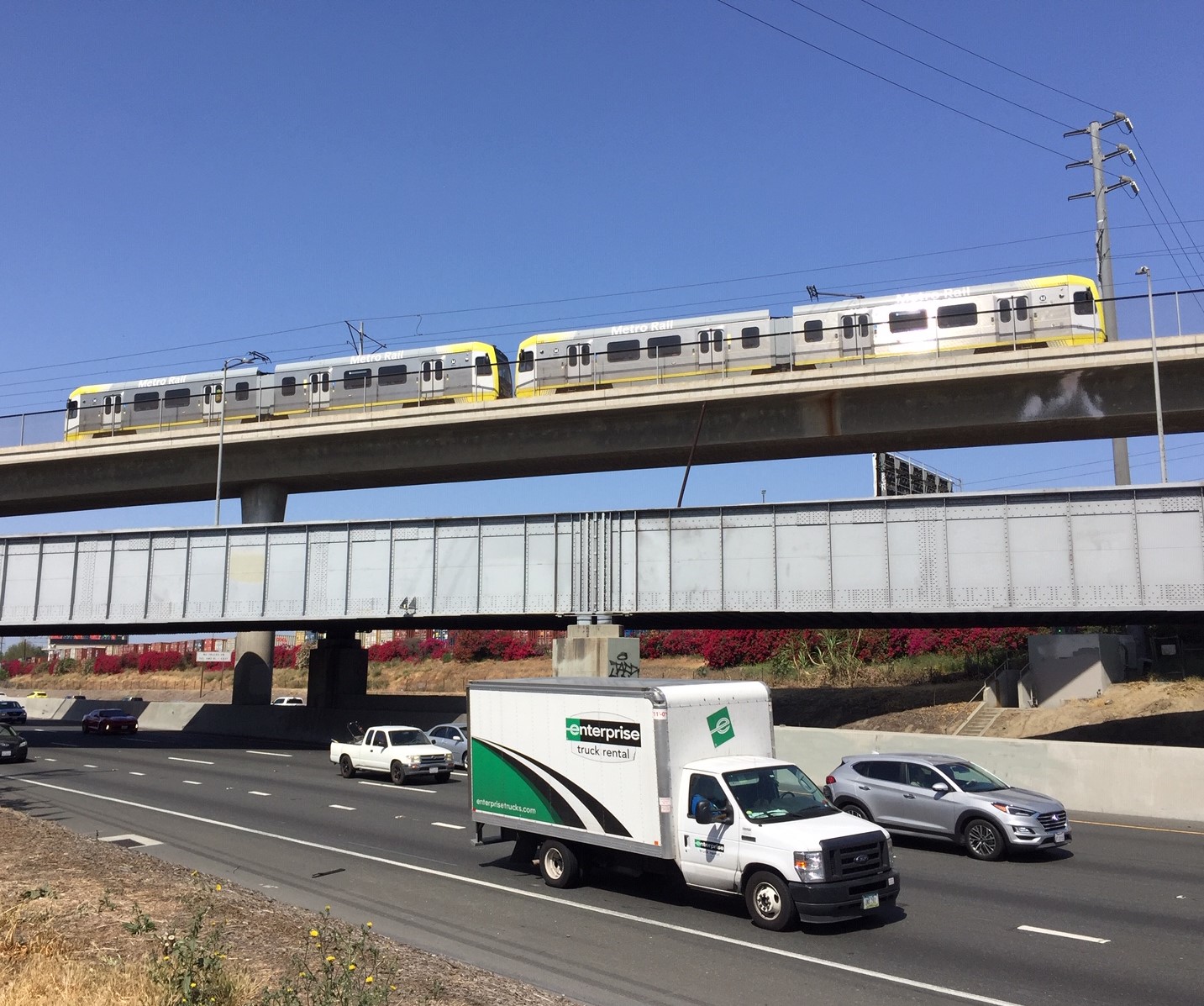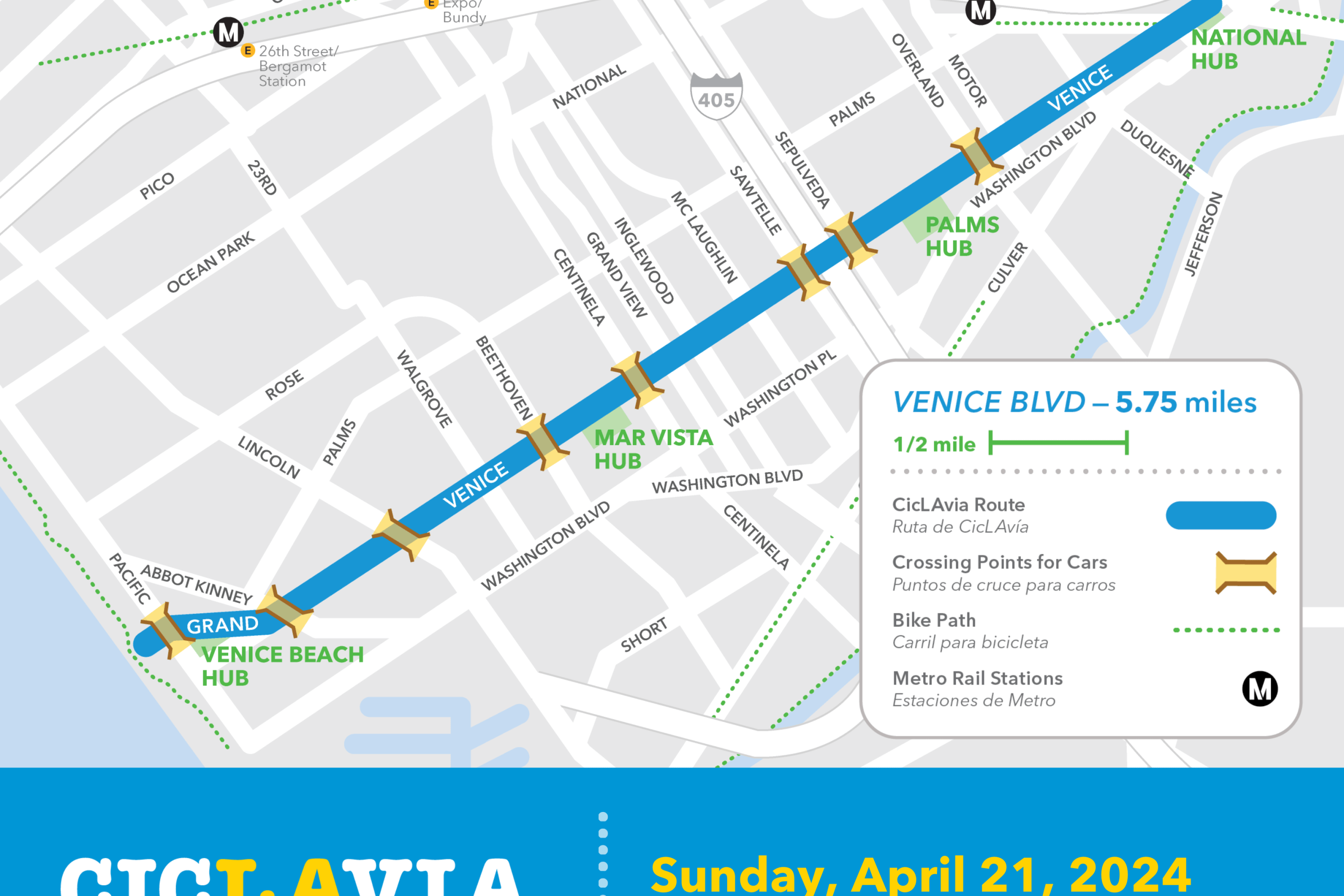Streetsblog Interview: David Pulsipher
6:07 AM PST on December 24, 2008

David Pulsipher has a varied career as a bike advocate here in Los Angeles. Currently a Board Member for C.I.C.L.E. and a staff member at Alta Planning, Pulsipher also served in the bike department at Metro working on a variety of bike-related issues. At Alta Planning, Pulsipher is working on the city’s Bike Master Plan, a draft of which should be available for public viewing in early 2009.
Streetsblog: Thanks for doing this. We’ll get into C.I.C.L.E. in a little bit, but first the main event… Are there any updates on the Bike Master Plan that you would like to share with us?
David P.: So I feel pretty good about the progress we are making. We've spent a lot of time working on the bike network (in response to the public input). I've also spent a substantial time on a policy document that is being vetted before public review. It's like a bicycle policy bible for Los Angeles. I really want to encourage feedback from the public - because not only does it keep us honest, but it helps us make sure we've addressed the common concerns out there.
This is especially relevant with the maps, of course.
Streetsblog: It sounds like there's a lot to look forward to in early 2009. As someone that has worked for Metro, and worked with LADOT, what's the one thing that a lot of us in the advocacy world don't know or think we know but don't.
David P.: Just one thing?
Just kidding.
I sometimes get the feeling that many people in the advocacy world underestimate city staff's motives. By and large, my professional and friendly relationships with these individuals has proven to me that they care just as much (if not more than) as the advocates do about bicycling in Los Angeles. I think that too often advocacy-folk misplace their frustration on Metro/LADOT staff, when it would be more properly directed at bureaucracy in general, i.e., political processes. I think an area that has been untapped by advocates is normalizing bicycling to the point where it has real political capital. If bicyclists had the same political capital as some of the other groups in the city - we'd be seeing real change because the elected officials would have to jump through hoops to appease us. We're begging for crumbs when we haven't even been invited to the table.

Pulsipher, with Will Campbell in the Background, Addresses the Tour De Ballona
Streetsblog: As an activist who can see things from the side of the buerocracy, do you think there is any real value to the large group rides that people put together? In other words, does something such as Critical Mass, which I think most readers of Streetsblog know I personally support, actually do anything?
David P.: Good question. I once read in a popular bicycle-oriented magazine that the worst thing that ever happened to bicycling was Greg Lemond winning the Tour de France. This person argued that Lemond's success is what shifted (bike pun) bicycling from being viewed as a means commuting and utility use - to pure recreation. This is reflected in bike culture today in America, which by and large is dominated by the recreational/"spandex" crowd. Finding bicycles, let alone bicycle shops that cater to utility bicycling is very difficult compared to the effort required to find a racing bike.
What's great about social rides is that they are getting people to realize that bicycles aren't just for those who want to dress in tight clothes and ride on highways. Group rides are great for strengthening the individual's resolve to get out and ride more often. There's no doubt that the growth of social bike rides is introducing bicycling to people who normally wouldn't bike... by the thousands. I think a larger question is - do social bike rides translate their popularity into more bicycle commuters on the road? I think that is a question that needs to be addressed by someone out there in academia, for sure. Right now it's tough to say if they do and I think that explains many people's hesitancy to endorse or support them.
What do the rides accomplish? It's tough to say... in Santa Monica (the CM I'm most familiar with) the ride means different things to different people. For the riders, it means a night of fun and community. For the SMPD, it's a headache. For MOST of the people watching us ride by... it is a very fun thing to watch. For people temporarily delayed in cars - the ride is public enemy number one.
One thing that we try to do at CICLE is host group rides that try to prepare people better for when they aren't riding in a group. It's one thing to be brazen and cocky in a swarm of 400 bicyclists, but it's quite another when you are riding home in rush hour by yourself. CICLE rides follow traffic rules and emphasize the responsibility we have while on the road.
Ultimately - a group ride's efficacy is dependant upon their end game. If their mission is to provide fun, wreak havoc, gather toys for the disadvantaged, that's great. But I think group rides will start to be taken more seriously if they can be proven to get people out of their cars and on to their bicycles, by themselves.
Streetsblog: Looking back at 2008, do you think the city and county is in a stronger place now than it was a year ago in it's efforts to ween people out of their cars, and if so what do you think has changed. If not, what do we need to do differently?
David P.: Hmm, it's tough to answer that question without factoring gas prices. Unfortunately - it seems like the critical mass of people out there who are willing to switch over to bicycling will only do so when they can't afford to drive. During the summer - there was a huge boom in bicyclists. Bike shops were busy, and I know that the bikerowave was teeming with new people. Now that gas costs have plummeted, it seems like people have breathed a huge sigh of relief. So in that sense, 2009 poses a challenge where 2008's high gas prices had gift wrapped the issue for us.
I'm not sure the city/county can do much without the electeds taking a significantly stronger stance in favor of bicycle infrastructure, education and policy. With their support, we could really make strides towards getting people out of their car. I think the classic example of the "do as i say, not as i do" mentality is the mayor's deputy cruising around town in a hummer. Where cities have been successful, it's come from advocates working with politicians who "get it." In 2009, I want to see the Los Angeles bike crowd mobilize towards getting one of our own elected.
That would be amazing.
Streetsblog: And for the magic wand question…you can change one thing in Los Angeles transportation by just wishing it too happen. What do you change?
David P.: Man, these magic wand questions are tough for a pragmatist. As much as I love bicycling I realize that not everyone wants to do it... but at the same time I know that there are tons of people out there who need a little more exposure before they try it and it will change their life. I really believe that promoting bicycling makes sense for everyone regardless your mode choice. bicyclists are natural traffic calmers, pollution reducers, congestion alleviators, revenue generators... etc.
So with that being said - if i could change anything i would change the way money is allocated to bicycle and pedestrian projects within the city. With all of this new money, the city could afford easements for additional bicycle paths and pedestrian plazas. I'd build more public parks, and would build the most intricate/far-reaching network of bicycle boulevards in the world. Bike and ped projects are minuscule compared to highway projects, and for once I'd like to see the city put people first instead of cars. There will be growing pains of course, but maybe with the right amount of money we'd finally get a politician who was willing to stick their neck out for some of this stuff. What a lovely day dream...
Photos: Alex Thompson and Streetsblog
Stay in touch
Sign up for our free newsletter
More from Streetsblog Los Angeles
LAPD shoots, strikes unarmed unhoused man as he walks away from them at Chesterfield Square Park
LAPD's critical incident briefing shows - but does not mention - that two of the three shots fired at 35yo Jose Robles were fired at Robles' back.
Metro Committee Approves 710 Freeway Plan with Reduced Widening and “No Known Displacements”
Metro's new 710 Freeway plan is definitely multimodal, definitely adds new freeway lanes, and probably won't demolish any homes or businesses
Automated Enforcement Coming Soon to a Bus Lane Near You
Metro is already installing on-bus cameras. Soon comes testing, outreach, then warning tickets. Wilshire/5th/6th and La Brea will be the first bus routes in the bus lane enforcement program.




